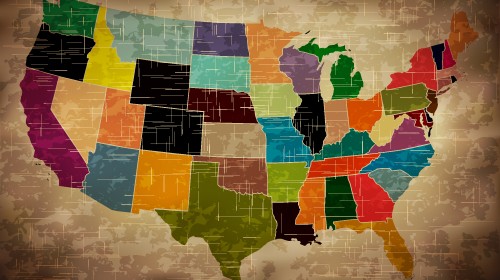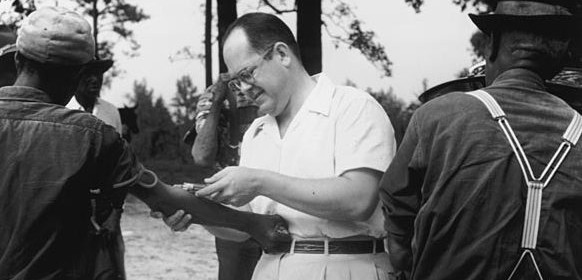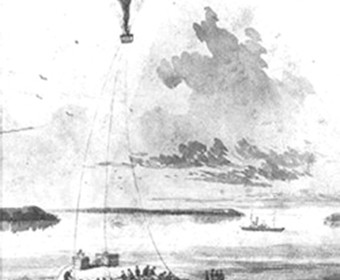How a Donkey and an Elephant Came to Represent Democrats and Republicans

Jennifer asks: Why is a donkey and an elephant associated with the Democrats and the Republicans? The donkey is stereotypically bumbling, slow, and stubborn; the elephant– big and clumsy. Being compared to one of these animals is not exactly flattering in this sense. Yet, for well over a century, they have been the popular symbols of America’s major political parties […]
Read more















 In its various incarnations, the F-word can be a noun, verb, adjective, and even an infix. The Crescent wrench of the English language, the F-bomb […]
In its various incarnations, the F-word can be a noun, verb, adjective, and even an infix. The Crescent wrench of the English language, the F-bomb […]
